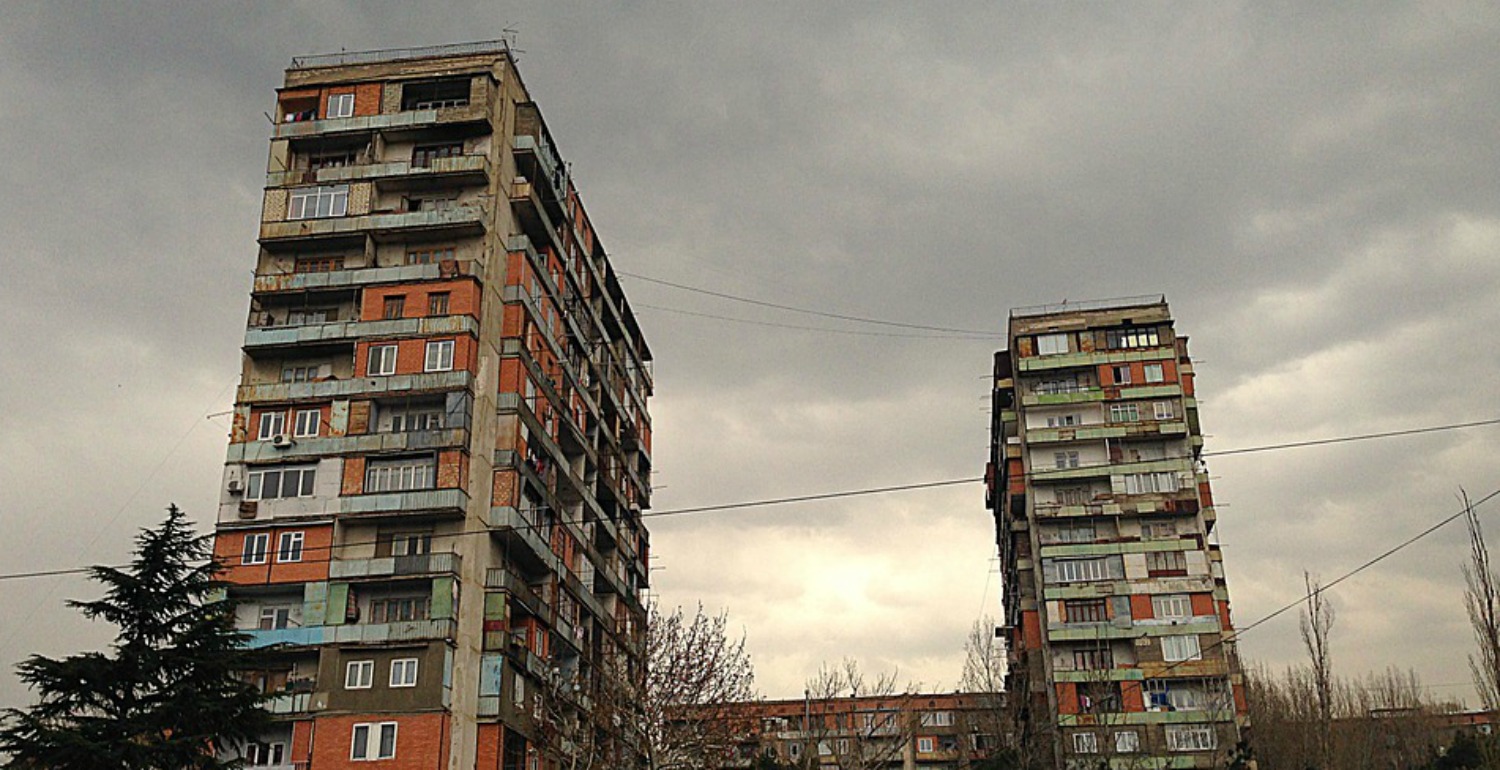Former senatosr and commissionesr chaired this hearing, which focused on the efforts of the citizens in Chechnya to free themselves from Russian power. Russia’s “transgressions” against the Chechnyan populace entailed lack of recognition of international principles. More specifically, the 1994 OSCE Budapest Document, with which the Russians agreed, stipulates that each participating state will ensure that its armed forces are commanded in a way that is consistent with the provisions of international law. Moreover, even when force cannot be avoided, each state will ensure that its use must be commensurate with the needs.
At the time of this hearing, anywhere between 30,000 and 80,000 people had been killed because of the conflict in the territory, and tens of thousands of men, women, and children had been driven from their homes. In addition, there had been a cease-fire in Chechnya. However, the dangers had not recently ended.








